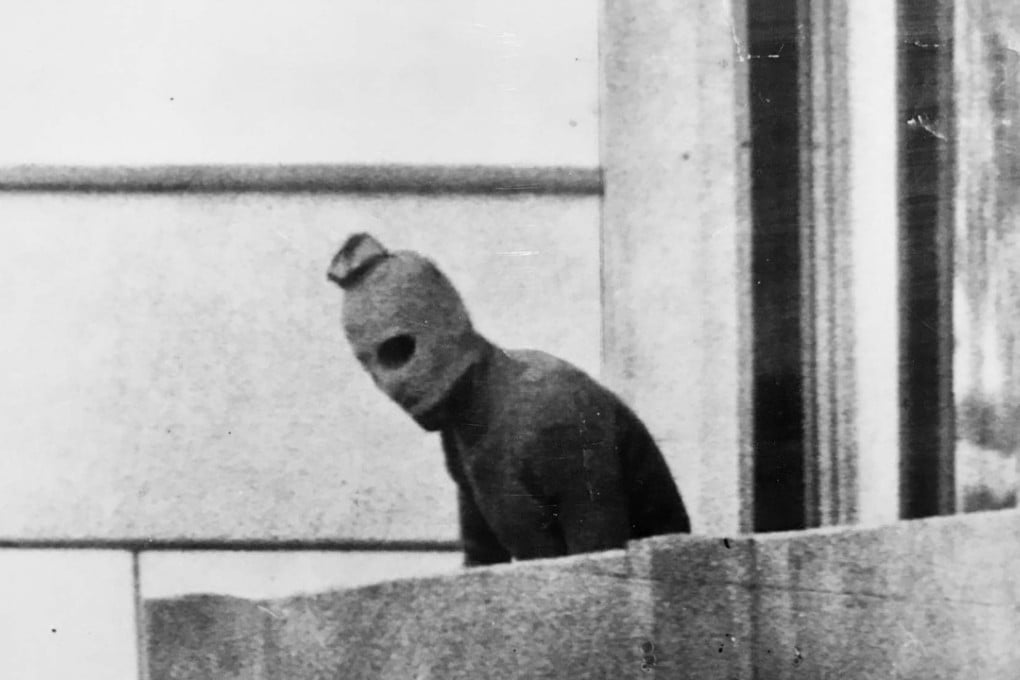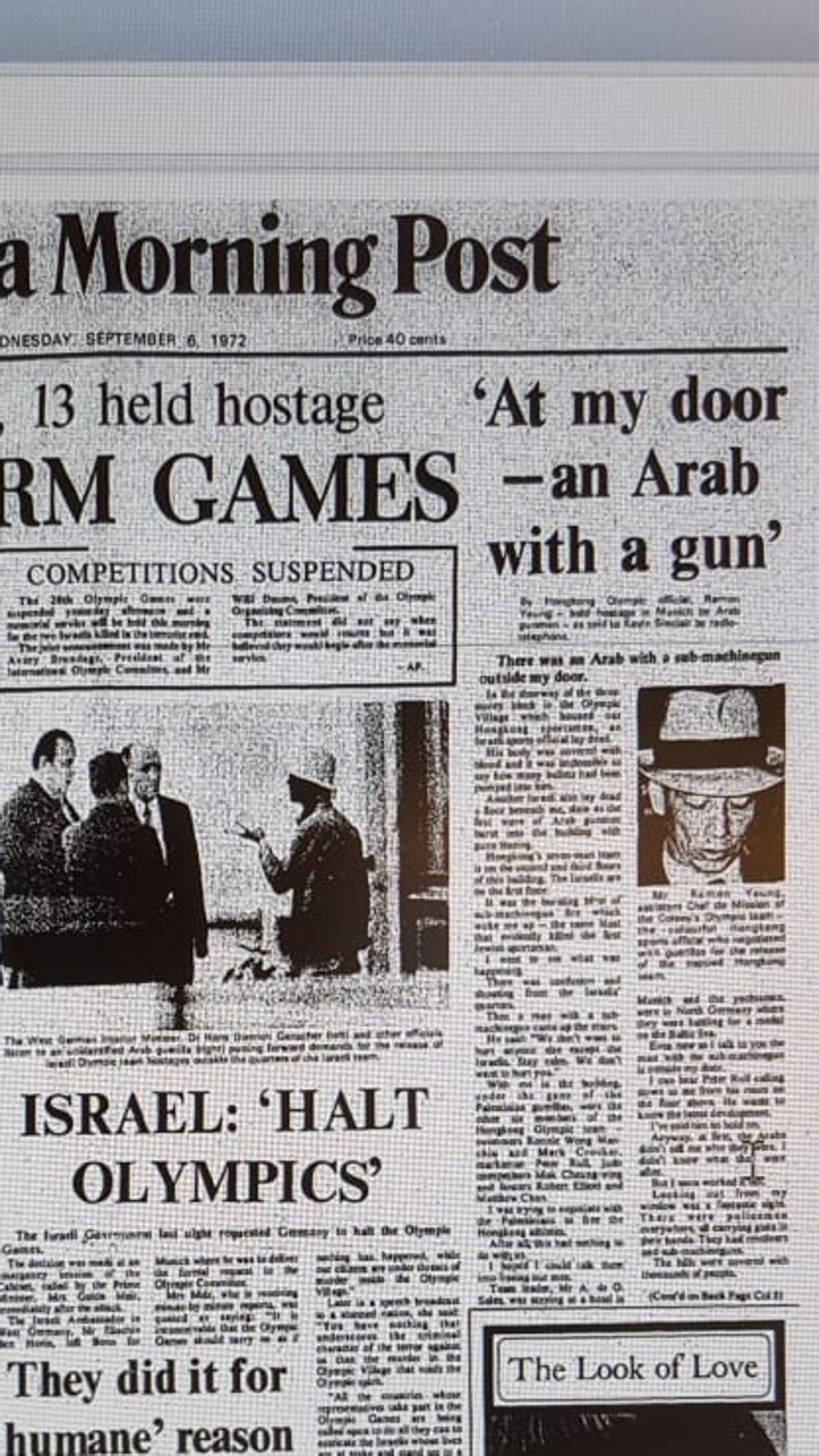Death of photographer who captured ‘Munich Massacre’ moment stirs Hong Kong memories
Award-winning snapper’s passing prompts recollection of Hong Kong delegation’s role in 1972 Olympic Games terrorist horror

Russell McPhedran, the photographer who captured one of the defining images of the 1972 Munich Olympics – a hooded Palestinian terrorist on the balcony where Israeli athletes were being held hostage – has died. He was 82
The image had special significance for Hong Kong, whose athletes and administrators became closely entangled in the hostage drama.
Tipped off that something “big” was happening at the athlete’s village, the Scotland-born McPhedran captured the most famous photograph of his career on one of the darkest days in sport on September 5, 1972.
Members of the Palestinian “Black September” group killed 11 members of the Israeli weightlifting and wrestling team along with a German police office after a botched rescue attempt at a military airfield outside Munich.
The Munich Massacre, as it became known, shocked the world and ushered in a new era of global terrorism.
